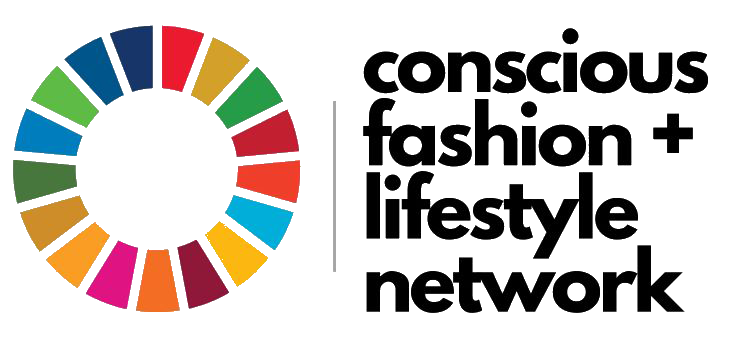New film featuring ACTAsia reveals the true cost of fur production in China
In extensive interviews with filmmaker Rebecca Cappelli, ACTAsia’s founder Pei Su shares her expertise on the negative effects of fur on animal welfare, the environment and humans. The documentary, produced by Cowspiracy co-director Keegan Kuhn, also investigates the hidden side of the leather and wool fashion industries.
It’s available to watch for free via the Waterbear streaming platform.

Watch and make a difference
“Slay is an important film because it shows that China has the largest fur industry in the world, and highlights the appalling animal suffering and environmental impact,” Pei said.
“It might not be an easy watch, but it’s vital people see for themselves the pain and suffering animals have to go through just to produce a fur coat, trim or accessory.
“Believe me, once you’ve seen the horror of it for yourself, you won’t ever buy fur – and by not doing so you’re making a difference.”

Fur is a global issue
In the documentary, Pei talks about how she saw animals being killed and skinned for their fur in China. She says it was so horrifying, she continues to have flashbacks many years later. But China is not the only country involved. “When we talk about the fur farming industry in China, we have to understand that it’s intrinsically connected with international trade,” Pei said.
“For example, the largest fur farms often have Western investments, breeding animals are imported from European countries, and the machines used are imported from outside of China.”
John Lau, ACTAsia’s UK chairman and Dean of Academic Strategy at the London College of Fashion, also appears in the film. He talks about the fashion industry’s role in the use of fur and other products, describing how he looks forward to a time when ‘alternatives’ to animal products are no longer known as such – because they’ve become the norm.

Leading the way for change
ACTAsia is one of the leading campaigners on the issues around fur production and has been raising awareness since 2011. It organises an annual International Fur Free and Sustainable Festival, has worked with the London College of Fashion to create an online sustainable and fur free fashion course, and has encouraged more than 70 Chinese fashion retailers to become fur free.
ACTAsia also regularly publishes and updates research into the fur industry in China and helps people choose humane alternatives through the Fur Free Life project. The campaign highlights the facts and practices around breeding, animal capture, conditions the animals are kept in, slaughter methods and the environmentally damaging production processes used.

Concerns for human health
When it emerged that Covid-19 came from wild animals at a market in China, ACTAsia petitioned the National People’s Congress to stop the trade in wildlife for all purposes – including fur – because of the risk it poses to human health and the animal suffering caused.
Pei said: “People are quickly forgetting where Covid started and why – and so far our concerns have largely fallen on deaf ears.
“I fear there’s still a reservoir of the virus through the industry, so we – along with other organisations – will continue to call for a ban on wildlife farming in China.”
![ACTAsia [logo]](https://www.actasia.org/wp-content/themes/ACTAsia-2022-theme/assets/img/actasia-en-colour.svg)



